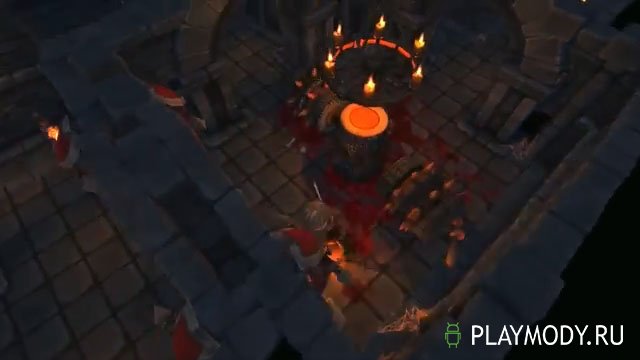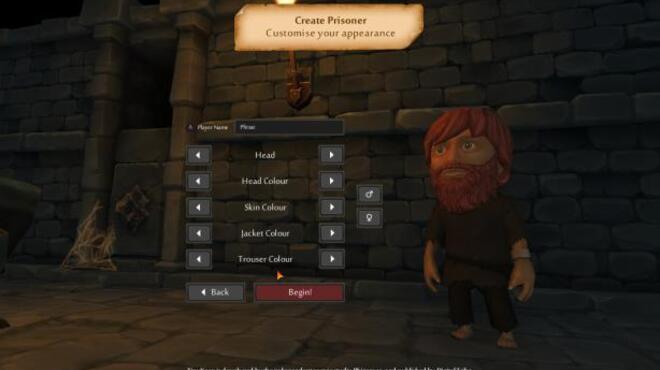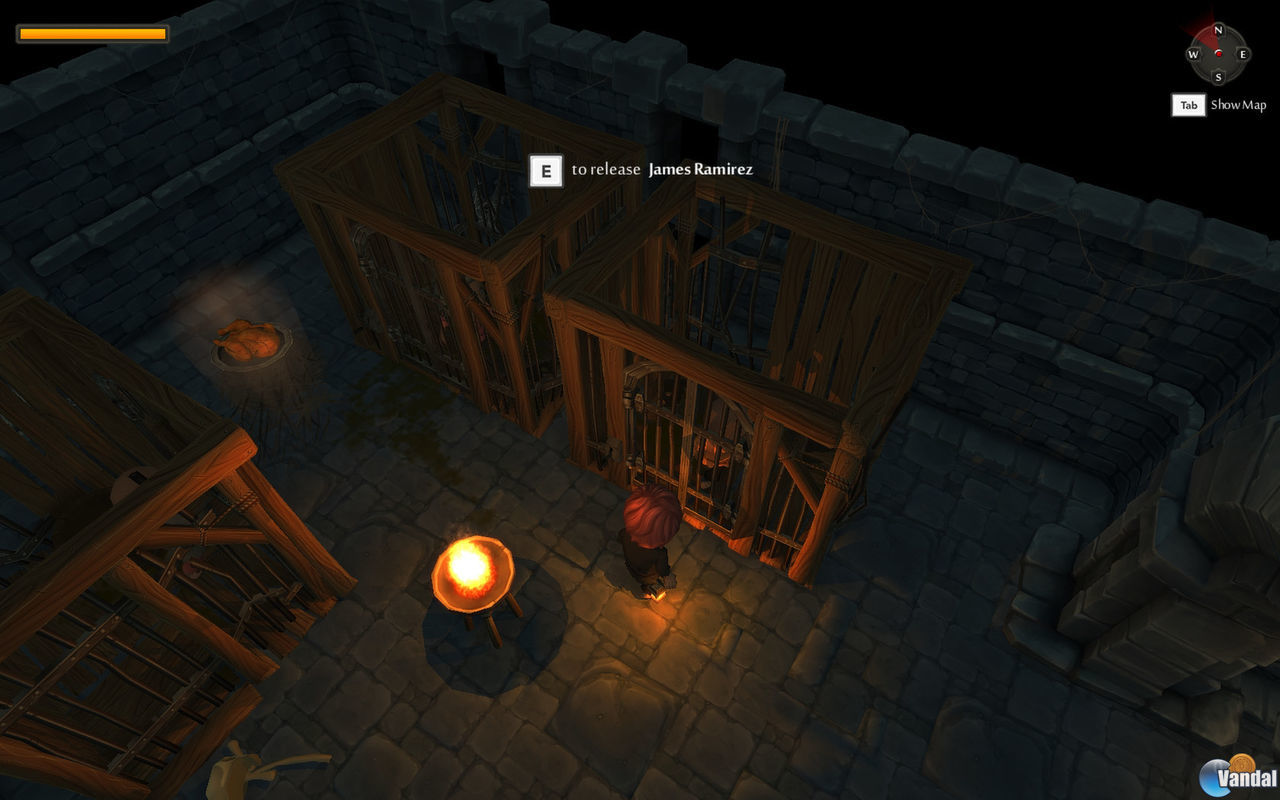

Enemies will work together in groups to hunt you down, and some will flee from threats.
#Google play tinykeep free
Lure monsters into traps, knock over fire torches to set the dungeon alight and set prisoners free to help you on your way. With nothing but a flickering lantern and a strange letter left behind by their in-mate, they must venture into the darkness and escape TinyKeep! Their savior is nowhere to be seen, but the cell door is broken and ajar, tempting them with the sweet scent of freedom. In TinyKeep players will embrace the role of a hopeless prisoner held deep in a forgotten dungeon who one day wakes up to find themselves mysteriously released. ** Both touch screen controls and external controllers are supported! ** If you do run into any issues however, please feel free to let me know via the support e-mail! **
#Google play tinykeep android
** The game however will still work on other Android devices, but be aware that due to the extremely demanding physics engine and procedural graphics, a powerful current generation tablet is highly recommended. But within that universal truth, Nethack is most definitely not a game that even gestures in the direction of realistic world generation, and is a counterexample to the overall point of your post.** Designed and optimized for Tegra powered devices such as the NVIDIA SHIELD TABLET and Google Nexus 9 ** the challenge spaces aren't abstract.Įvery game is abstract in some ways and not in others. The parent post took issue with the article for not making maps that felt like a prison/mine/fortress/etc., and I'm saying it clearly didn't attempt to.

Whether it's about roguelikes is neither in evidence nor at issue. > You don't think this is specifically for roguelikes? Is this a distinction that you think negates my argument? It sounds like you're listing up everything in my post that you think people could disagree about. It gives you raw information, which you'd need to refine if you wanted to have a feel that's specific to a given game.īeginner gamedev. The point is that something like a pathfinding algorithm is not meant to distinguish between those cases, just as the worldgen algorithm in this article is clearly not attempting to create genre-specific dungeons.

"Shouldn't necessarily" means shouldn't in some cases, should in others. > They shouldn't? This can in specific cases. Minecraft seems to, and places its seams of minerals reasonably (neither are perfect, but they're clearly trying).īut this kind of dungeon generator? We're nearly 20 years after Crimes Against Mimesis was written, and this feels like a big step backwards. Nethack in particular has a very detailed naive physics with all kinds of internal logic.īrogue does its natural caves pretty well, I think. Is it:Ī) an underground city (your analysis is spot on, doesn't look like that)Į) the lair of some non-intelligent speciesĪnother option is that they're supposed to be 'abstract challenge spaces' (as another commenter claims), but roguelikes aren't intentionally abstract: they attempt verisimilitude on lots of levels. The dungeon could be a range of things, but this one doesn't look like anything except an 'algorithmic dungeon'. I agree, though the issue, I think, is wider than 'purposeful' design.


 0 kommentar(er)
0 kommentar(er)
